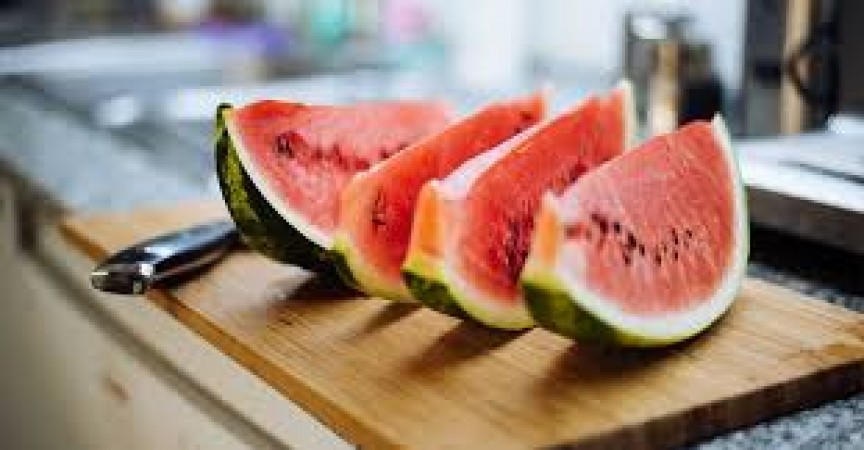
Dehydration is a prevalent and often overlooked issue affecting individuals worldwide. Despite the abundance of water on the planet, many people fail to maintain adequate hydration levels in their bodies. Whether due to busy lifestyles, forgetfulness, or simply not prioritizing water intake, dehydration remains a significant concern.
The Importance of Hydration
Hydration is vital for sustaining life and maintaining optimal bodily functions. Water serves as the foundation for numerous physiological processes, including temperature regulation, nutrient transportation, digestion, and waste removal. Without a sufficient intake of fluids, the body struggles to perform these essential functions efficiently, leading to various health problems.
Regulating Body Temperature
One of the primary functions of water in the body is regulating temperature. Through processes such as sweating and evaporation, the body dissipates excess heat to prevent overheating. Without an ample supply of water, the body's ability to regulate temperature is compromised, increasing the risk of heat-related illnesses such as heat exhaustion and heatstroke.
Aiding Digestion
Water plays a crucial role in the digestive process, helping to break down food, absorb nutrients, and eliminate waste products. Insufficient hydration can lead to digestive issues such as constipation and indigestion, as well as impair nutrient absorption, affecting overall health and well-being.
Transporting Nutrients
Water serves as a medium for transporting nutrients throughout the body. It facilitates the distribution of essential vitamins, minerals, and other compounds to cells and tissues, supporting various physiological functions. Without adequate hydration, nutrient delivery may be compromised, impacting overall health and vitality.
Flushing Out Toxins
Proper hydration is essential for flushing toxins and waste products from the body. Water helps to support kidney function, enabling the filtration and excretion of waste products through urine. Insufficient hydration can impair kidney function and lead to the accumulation of toxins in the body, potentially causing harm to various organs and systems.
Recognizing Dehydration Symptoms
It's essential to recognize the signs of dehydration early on to prevent further health complications. Some common symptoms include:
Preventing Dehydration
Preventing dehydration requires proactive measures to ensure adequate fluid intake throughout the day. Some strategies include:
Combat Dehydration with Fruits
While drinking water is paramount for hydration, incorporating hydrating fruits into your diet can complement your fluid intake and provide essential nutrients. Here are some fruits with high water content that you can enjoy:
1. Watermelon
Watermelon is renowned for its high water content, making it an excellent choice for hydration. In addition to its thirst-quenching properties, watermelon is rich in vitamins, minerals, and antioxidants, making it a nutritious and refreshing snack.
2. Cucumber
Cucumber is another hydrating fruit that's low in calories and high in water content. It's crisp, refreshing, and versatile, making it an ideal addition to salads, sandwiches, and snacks.
3. Strawberries
Strawberries are not only delicious but also hydrating fruits packed with vitamins, minerals, and antioxidants. They're a sweet and satisfying snack that can help meet your daily fluid needs.
4. Oranges
Oranges are juicy, hydrating fruits rich in vitamin C, electrolytes, and antioxidants. Whether eaten fresh or juiced, oranges are a flavorful and nutritious way to stay hydrated.
5. Pineapple
Pineapple is a tropical fruit known for its sweet and tangy flavor. It's also hydrating, thanks to its high water content, and packed with bromelain, an enzyme with anti-inflammatory properties.
6. Grapefruit
Grapefruit is another citrus fruit that's hydrating and nutritious. It's loaded with vitamin C, antioxidants, and electrolytes, making it an excellent choice for maintaining hydration levels.
7. Cantaloupe
Cantaloupe is a refreshing and hydrating fruit with a sweet, juicy flavor. It's rich in vitamins A and C, as well as potassium, making it a nutritious addition to your diet. Staying hydrated is essential for overall health and well-being. While drinking water is the most effective way to maintain hydration, incorporating hydrating fruits into your diet can provide additional benefits. By enjoying fruits like watermelon, cucumber, strawberries, oranges, pineapple, grapefruit, and cantaloupe regularly, you can support your body's hydration needs while enjoying delicious and nutritious snacks.
Kia Sonet achieved this milestone, sold 4 lakh vehicles in less than four years
New update in Tesla's Cybertruck, many new features included